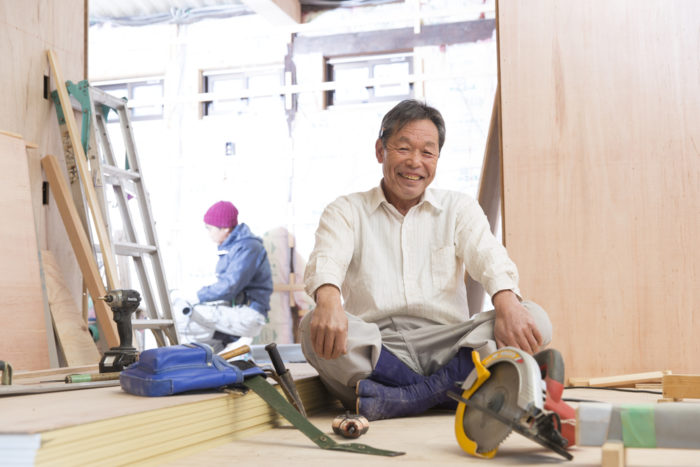
Last Updated: 27 Jan 2022 Nemawashi from a distance
I’ve written previously about the importance of non-Japanese employees getting involved in the nemawashi (consensus-building) stages of the decision-making process in a Japanese company. However, how can you do this effectively if you are working at the overseas operation of a Japanese firm, and the decisions are being made in Japan?
First of all, make sure that the people in Japan who are making the decisions are familiar with you, your skills, and the value of your input. Also, you need to have a good relationship, so that they feel comfortable in interacting with you. The best way to do this is to physically visit Japan, or have the Japanese visit you. If that’s not practicable, you should be looking at things that can help with relationship-building and awareness that do not involve face-to-face meetings.
One idea would be teleconferences, but not the normal meeting with agenda type, but a more informal chatting and getting-to-know-you type of interaction. Similar to a coffee break, but long distance. Another idea would be to create a team directory on the company’s internet, which includes for each person pictures and background information. So that the members of the team at remote locations seem more “real” and so that people can check on who has knowledge of what topic or who is working on what, and thus tap them for discussion of what is going on.
Once you’ve built the relationships, keep in close contact with the people in Japan who are making the decisions, so that you can be apprised of any decisions that are being discussed currently. ‘This means being proactive, and not waiting until they get in touch with you (as unfortunately it may not occur to them). Initiate contact in any way possible. Again, face-to-face visits are most effective, but if you can’t afford to get a plane then check in with phone calls or emails. Passing along an article or other item of interest can often be a good way to keep in touch and keep yourself top of mind without being overbearing.
Be sure to talk with the Japanese expatriates who are assigned to your location and pump them for information on what decisions are currently being made at the head office, and how you can get into the nemawashi process for those topics that concern you. This of course requires building a good relationship with that individual first. Remember also that many Japanese expatriates assume that their locally-hired colleagues are not interested in what is going on at head office, or that they don’t want to do the work necessary to get involved in the decision-making processes there. So you will need to demonstrate your interest, and that you have something important to contribute.
On a larger level, you should also work toward formal changes in the decision-making system. This will involve high-level involvement, and a lot of nemawashi in and of itself, but in the long run is important.
You may also enjoy our article, A nemawashi how-to
We describe how to do nemawashi virtually and face to face in more detail in our cross cultural seminars. Please see here for more on the courses we offer on working effectively with Japanese colleagues or contact us for further details.
Related articles
The culture component and why it matters in management
Let me start with what might at first appear to be a personal story unrelated to cross-cultural mana
Purpose should come from within, but also from outside Japan HQ
Recently an HR director for a Japanese financial services company in Europe told me that he had been
(Video) So, What is Monozukuri Actually?
Monozukuri is one of those well-known and often used Japanese words among people from outside of Jap




